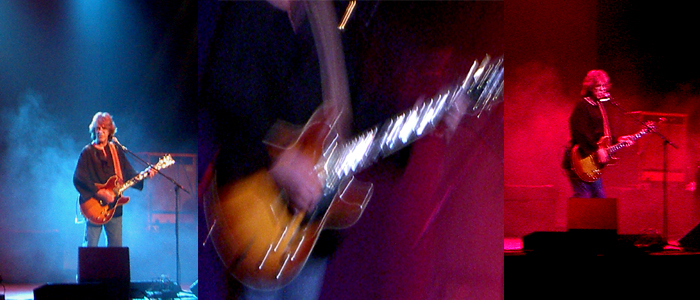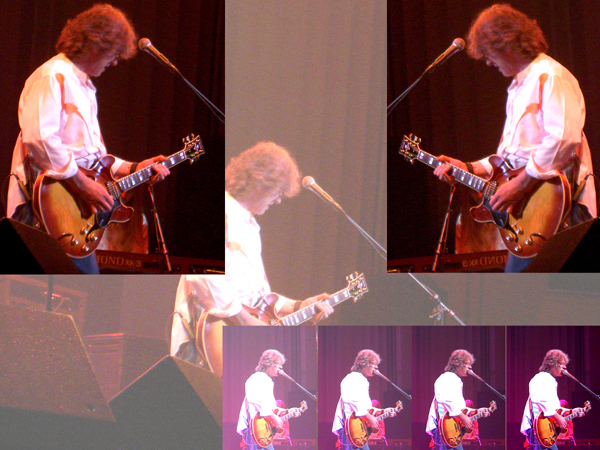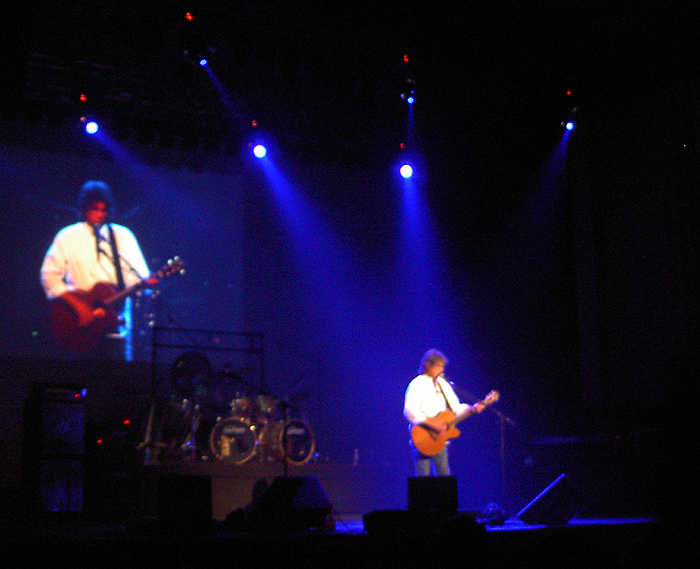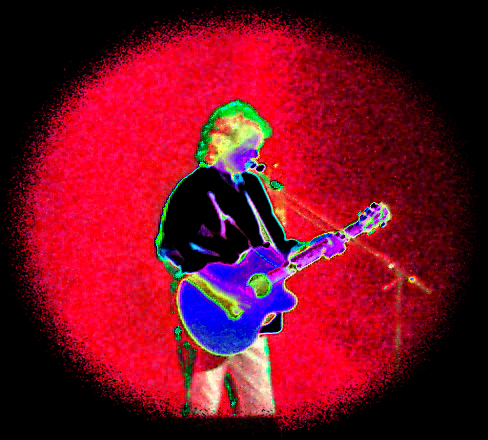
As founder / vocalist / guitarist / writer of Nektar, Roye Albrighton has been the man behind the shimmering sound of the band for over 40 years now. The recent live set Fortyfied shows that Nektar are still a band with something to say. Progsheet recently picked Roye Albrighton's brain for insight into this progressive juggernaut...



